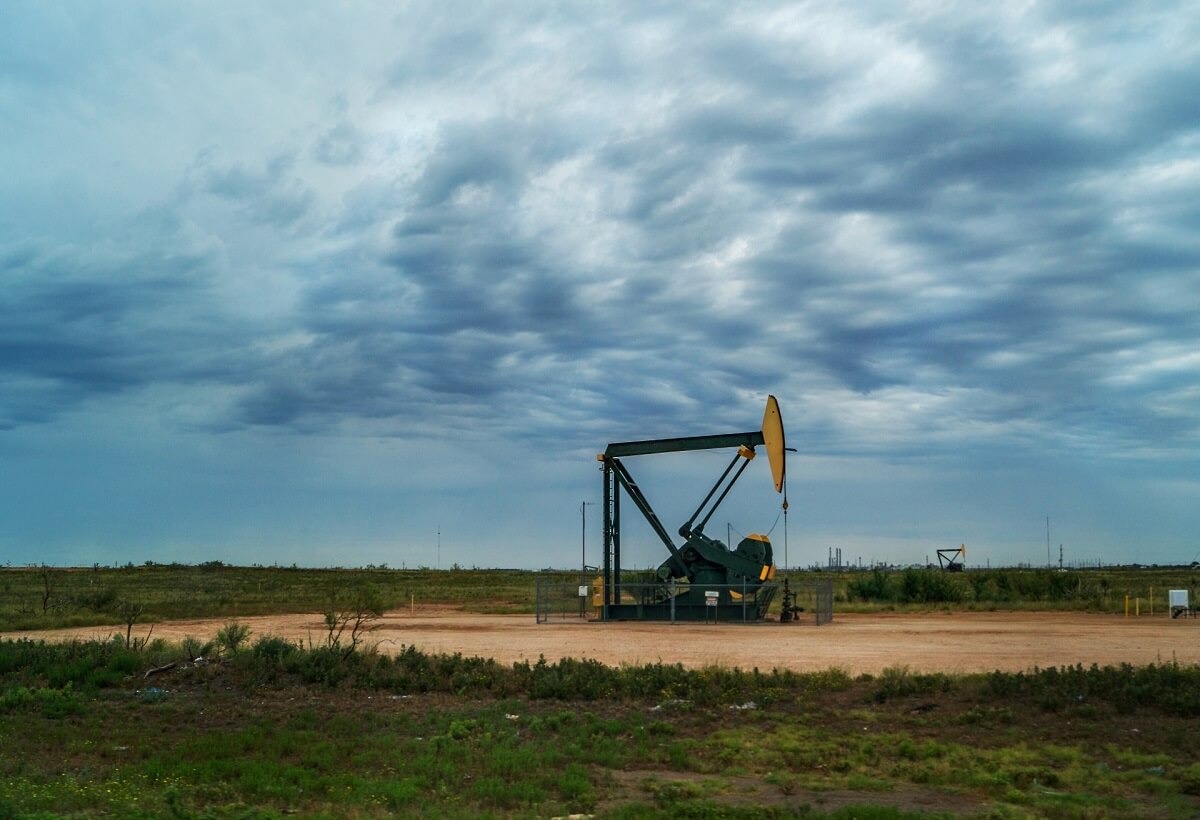Decoding Industry Jargon: Essential Mineral Rights Terminology

Glossary of Common Terms in the Oil and Gas Industry:
-
Royalty:
Definition: A payment made to the mineral rights owner based on a percentage of the value of the extracted resources. It is a share of the revenue generated from the sale of oil, gas, or minerals.
-
Bonus Payment:
Definition: A one-time upfront payment made by the lessee to the lessor upon signing an oil and gas lease. It is a form of compensation for granting the right to explore and extract resources.
-
Lease Terms:
Definition: The specific conditions and provisions outlined in a contract that grants the lessee (oil and gas company) the right to explore, develop, and extract minerals. Lease terms include duration, royalty rates, and any special conditions.
-
Surface Rights:
Definition: The rights associated with the use and control of the land’s surface, excluding subsurface minerals. Surface rights owners have authority over activities conducted on the land.
-
Mineral Rights:
Definition: Ownership rights to the minerals beneath the surface of a piece of land. These rights can be sold, leased, or retained separately from surface rights.
-
Lessee:
Definition: The party (usually an oil or gas company) that acquires the right to explore, develop, and extract minerals from a property through a lease agreement with the mineral rights owner.
-
Lessor:
Definition: The party (typically the landowner) who grants the right to explore and extract minerals on their property through a lease agreement. Also referred to as the mineral rights owner.
-
Drilling Permit:
Definition: Authorization granted by regulatory authorities for the drilling of a well. It outlines the specific location, depth, and other conditions related to drilling operations.
-
Depletion:
Definition: The reduction of recoverable reserves of oil, gas, or minerals over time due to extraction. It is a key factor in determining the economic life of a well or mining operation.
-
Wellhead:
Definition: The equipment at the surface of a well where oil or gas is initially brought to the surface. It includes valves, chokes, and other components for controlling the flow.
-
Reservoir:
Definition: A subsurface rock formation that contains a significant amount of oil, gas, or minerals. The reservoir is the source of the extracted resources.
-
Mineral Deed:
Definition: An “oil and gas mineral deed” is a legal document that transfers ownership of the mineral rights related to oil and gas from one party (the grantor) to another (the grantee). This deed specifically conveys the rights to explore, extract, and receive royalties from the production of oil, gas, and other minerals found beneath the surface of a designated piece of land.
This glossary provides a foundation for understanding key terms in the oil and gas industry. It’s essential to familiarize oneself with these terms to navigate contracts, negotiations, and discussions related to mineral rights and resource extraction.
13 thoughts on “Decoding Industry Jargon: Essential Mineral Rights Terminology”